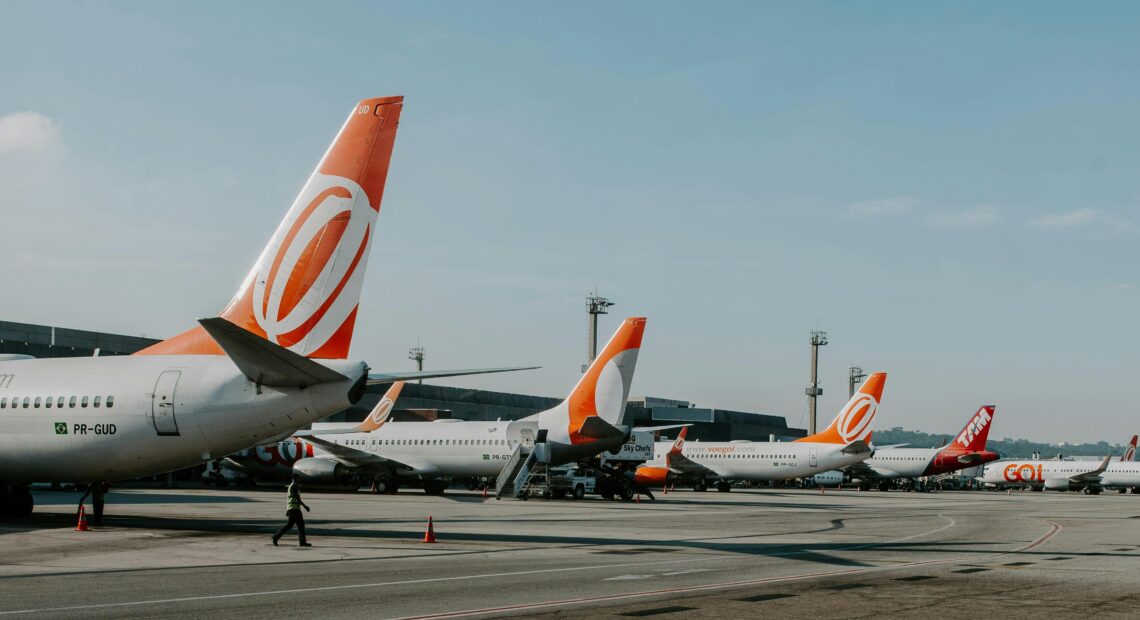ACI World responds to IATA’s white paper on slot regulation and airport capacity

ACI acknowledges efforts of airports
Airports Council International (ACI) World has responded to the International Air Transport Association’s (IATA) white paper on slot regulation and airport capacity. ACI World highlighted the mounting challenge of meeting global air traffic demand and underlined the importance of collaboration among aviation stakeholders to address this issue.
ACI acknowledged the efforts of airports worldwide, which, supported by ACI, are striving to enhance the capacity of existing infrastructure and develop new facilities. These upgrades are vital for coping with the increasing air traffic, primarily as airports work to accommodate rising passenger numbers.
Despite their continuous investments and improvements, the projected growth in air traffic demands a collective response from the entire aviation sector.
Airports alone cannot resolve the optimisation of airport capacity utilisation, particularly regarding slot allocation. Achieving increased capacity depends on the coordinated actions of various stakeholders, including air traffic management, regulators, ground handlers, and security services.
External factors such as weather conditions and regulatory frameworks also play a crucial role in capacity. Additionally, airline operations have a direct impact on the utilisation of airport capacity. Therefore, any attempt to optimise capacity must consider these interdependencies.
ACI further stressed that expanding infrastructure to meet future demand requires substantial investment. Airports have long advocated for the necessary funding to support such developments, including through reasonable increases in airport charges.
Airline industry
However, the airline industry has consistently resisted these proposals despite airport charges constituting only around 4% of airline costs. This resistance is particularly notable given the industry’s calls for increased capacity. ACI argued that airlines must contribute to funding the essential infrastructure improvements needed to meet this demand.
In its response to IATA’s white paper, ACI also addressed the importance of an efficient slot policy in optimising airport capacity. For several years, ACI has advocated for an update to the Worldwide Airport Slot Guidelines (WASG) to reflect contemporary market dynamics. The organisation has highlighted the need for slot policies that better meet the needs of all stakeholders, with a focus on prioritising consumers’ interests.
While acknowledging that IATA’s white paper raises valid concerns, ACI expressed disagreement with its portrayal of the issue. Specifically, ACI contended that the paper places undue blame on airports for inefficiencies in the current slot system, neglecting the role that airline practices play in inefficient slot allocation and usage.
ACI argued that a more comprehensive approach to amending current slot policies is required, one that considers the aviation sector’s broader interdependencies and evolving realities.
Furthermore, ACI reiterated its longstanding call for a more ambitious revision of the slot system. This includes creating the Worldwide Airport Slot Board (WASB), a joint body established in 2020 to oversee the WASG.
The WASB is intended to facilitate collaboration between airports, airlines, and coordinators in slot allocation management. ACI stressed that a broader discussion is needed to revise current slot principles and policies, moving beyond the narrow view that places the responsibility for inefficiencies solely on airports.
Darryl Dowd, Vice President of Safety, Security, and Operations at ACI World, said that addressing future capacity needs will require collaboration from all parties in the aviation ecosystem.
“Meeting future capacity demands requires collaboration,” he said. “Airports and airlines must work together to ensure fair and efficient slot allocation, improved operations, and the necessary investments in infrastructure to support growth.”
Dowd reiterated ACI’s commitment to fostering cooperation among all aviation stakeholders to deliver solutions that will benefit passengers, economies, and the aviation industry as a whole. ACI remains dedicated to creating a balanced and sustainable approach to managing airport capacity, ensuring that the sector is prepared for future growth while prioritising the needs of consumers.
As the aviation industry struggles to expand capacity to meet rising air traffic demand, ACI’s response to IATA’s white paper underscores the importance of cooperation and a balanced, collaborative approach to solving the sector’s infrastructure and operational challenges.
A comprehensive strategy that addresses both the regulatory framework and the involvement of all stakeholders is essential to ensure that airports can continue to serve growing passenger numbers without compromising efficiency or service quality.
Hero image: Airline operations have a direct impact on the utilisation of airport capacity. Credit: Tiago LBR
Last Updated on 2 months by Arnold Pinto












